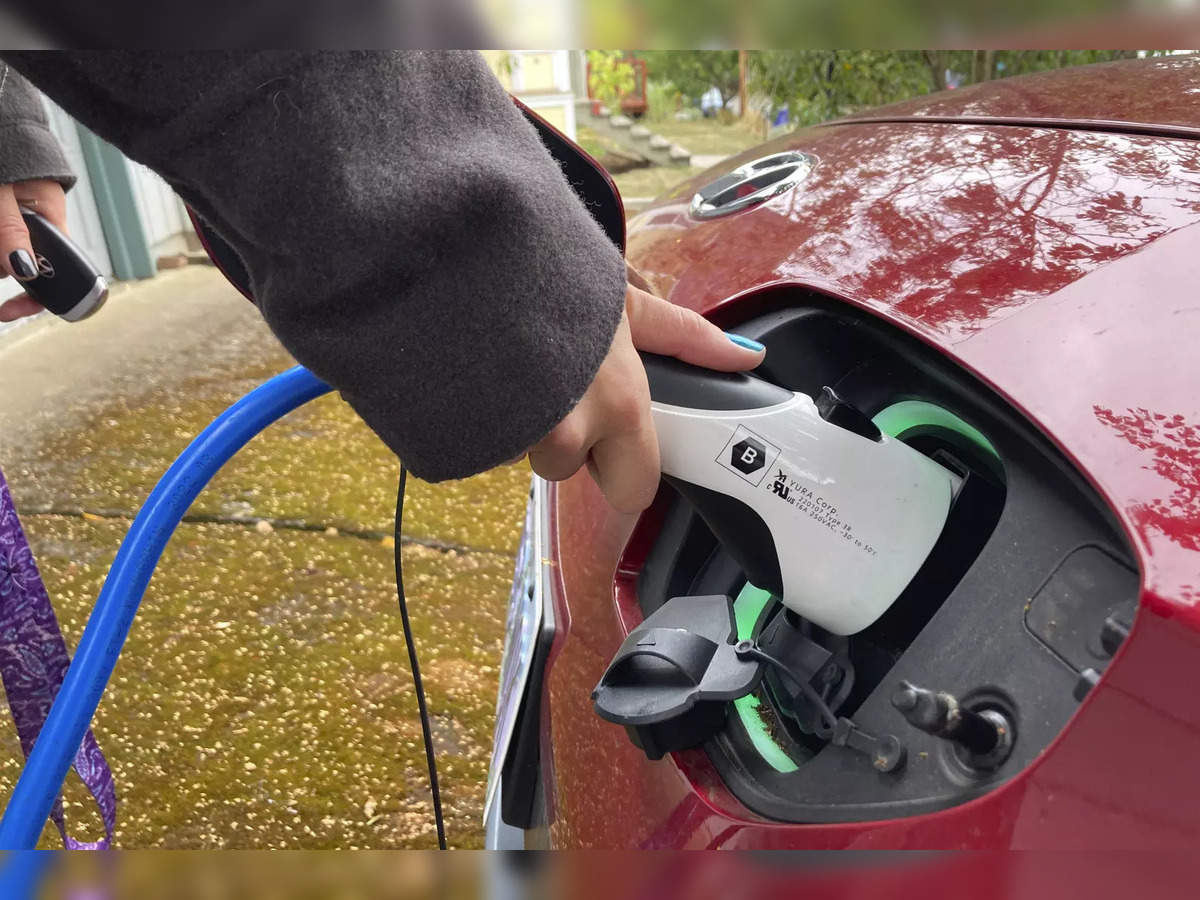Introduction
As the world witnesses a paradigm shift towards sustainable mobility, the debate on the readiness of nations for electric vehicles (EVs) takes center stage. Amidst global discussions, the surprising news of Switzerland supposedly banning electric vehicles raises eyebrows, prompting us to delve into the contrasting scenario in India. This comprehensive guide explores India’s preparedness for EVs, the future trajectory, Tata’s role in shaping the electric vehicle landscape, and the nuanced advantages and disadvantages associated with embracing this transformative technology.
Switzerland’s Stance on Electric Vehicles
Recent headlines about Switzerland banning electric vehicles have stirred a wave of curiosity and concern. However, upon closer inspection, it becomes evident that Switzerland has not outright banned electric vehicles. The country, in fact, is strategizing measures to balance the adoption of EVs with the need for efficient infrastructure and responsible resource management. This serves as a reminder that policy decisions play a pivotal role in shaping the future of electric mobility on a global scale.
Is India Ready for Electric Vehicles?
In the Indian context, the readiness for electric vehicles is a multifaceted discussion encompassing infrastructure, policy frameworks, and consumer perspectives.
Infrastructure Readiness
India has been making strides in developing the necessary charging infrastructure for electric vehicles. Charging stations are being strategically deployed in urban centers, along highways, and in public spaces. The government’s ambitious plans and collaborations with private entities signal a concerted effort to address the infrastructure gap and facilitate seamless EV adoption.
Policy Frameworks and Incentives
Government policies and incentives play a crucial role in steering the adoption of electric vehicles. In India, various initiatives, such as the Faster Adoption and Manufacturing of Hybrid and Electric Vehicles (FAME) scheme, aim to incentivize the production and purchase of EVs. Tax benefits, subsidies, and exemptions further sweeten the deal, creating a conducive environment for both manufacturers and consumers to embrace electric mobility.
Consumer Perspectives
Consumer acceptance and awareness are pivotal in the widespread adoption of electric vehicles. In India, there is a growing interest and awareness among consumers regarding the benefits of EVs. The shift is not only driven by environmental concerns but also by the economic advantages, including lower operating costs and government incentives.
The Future of Electric Vehicles in India
The future of electric vehicles in India appears promising, marked by a blend of innovation, policy support, and changing consumer preferences.
Evolving Automotive Landscape

Major players in the Indian automotive industry are actively investing in electric vehicle technologies. Tata Motors, in particular, has emerged as a key player, contributing significantly to the evolution of the electric vehicle landscape in India.
Tata Electric Vehicles
Tata Motors has been at the forefront of the electric revolution in India. The company’s commitment to sustainable mobility is evident in its diverse range of electric vehicles, catering to different segments of the market. From the compact Tigor EV to the Nexon EV, Tata’s electric offerings showcase a strategic approach to meet the varying needs of Indian consumers.
Tata’s Role in Shaping the EV Ecosystem
Beyond manufacturing electric vehicles, Tata Motors is actively involved in creating an entire ecosystem around electric mobility. This includes collaborating with other stakeholders to enhance charging infrastructure, exploring battery technologies, and participating in government initiatives to accelerate the adoption of electric vehicles.
Advantages of Electric Vehicles
The shift towards electric vehicles is fueled by a myriad of advantages, both for individuals and the environment.
Environmental Benefits
Electric vehicles contribute significantly to reducing air pollution and greenhouse gas emissions. With a lower carbon footprint compared to traditional vehicles, EVs play a crucial role in combating climate change and improving air quality in urban areas.
Economic Advantages
Owners of electric vehicles enjoy economic benefits such as lower operating costs and potential savings on maintenance. Government incentives, including tax breaks and subsidies, further contribute to making electric vehicles an economically viable choice.
Disadvantages of Electric Vehicles
While electric vehicles offer numerous benefits, it is essential to consider the challenges associated with their widespread adoption.
Range Anxiety
One of the primary concerns for potential EV buyers is range anxiety – the fear of running out of battery power before reaching a charging station. Addressing this concern requires advancements in battery technology and an expanded charging infrastructure.
Initial Cost
The initial cost of purchasing an electric vehicle tends to be higher than that of traditional vehicles. However, this cost differential is gradually decreasing as technology advances and economies of scale come into play.
Conclusion: Navigating the Road Ahead
In conclusion, the landscape of electric vehicles in India is evolving rapidly, with a clear trajectory towards sustainability and innovation. The purported ban in Switzerland serves as a reminder of the global discourse surrounding electric mobility, emphasizing the importance of balanced policies and infrastructure development. As India embraces electric vehicles, Tata Motors, among others, plays a pivotal role in shaping the future of the automotive industry. With ongoing advancements, supportive policies, and increasing consumer awareness, the road ahead for electric vehicles in India looks promising, paving the way for a cleaner, greener, and more sustainable future.
